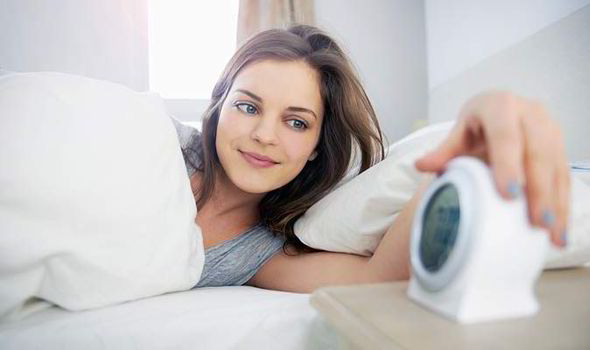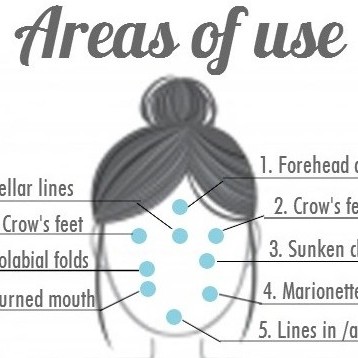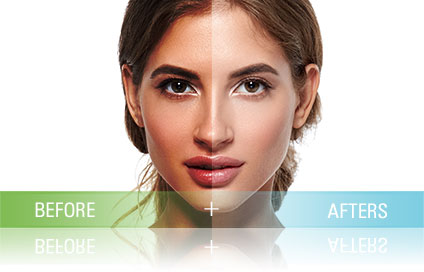For glowing, healthy, happy skin it turns out we all need beauty sleep!

Having a regular sleep schedule is an important habit to develop for glowing, healthy skin. Washing your face before going to bed is an easy and important MUST in basic anti-aging skincare. Throughout the day, pollutants, sweat, and makeup buildup oxidative stress and irritation on skin, which can lead to redness, increased pore appearance, and an overall more aged appearance. During sleep, the skin undergoes repair at a cellular level, and may be more receptive to anti-aging products such as retinols. Dr. Chiu’s favorite retinols include SkinMedica’s Retinol Complex or prescription strength Renova, both available at The Derm Institute.
General skin and sleep tips:
1. ALWAYS wash your face before 
2. Use a satin pillowcase to reduce the friction of your skin when you mash up against a pillow–reducing creases and etching of sleep lines on the face.
3. Reduce salt and alcohol intake and elevate the head slightly elevated on a pillow: this will reduce the natural pooling of excess fluids around the eyes and face that can lead to a more tired or puffy appearance.
4. Keep a humidifier in the bedroom to keep the skin hydrated. Because of the active repair processes that occur below the skin surface while we sleep, the skin can actually can lose up to 25% more water overnight when compared to daytime. A light moisturizer with humectants such as hyaluronic acid can counteract these effects.
5. Skin repair hormones such as Human Growth Hormone are secreted in higher amounts during sleep, so aim for at least 7 hours of sleep a night so your skin can rebuild collagen that breakdown with ultraviolet damage during the day.
We love skin products with growth factors, and using retinols sparingly to avoid irritation. Pairing a moisturizer with a retinoid product is an ideal nighttime regimen because sunlight weakens retinoid effects and moisturizers reduce irritation. Retinoid products increase collagen thicknesses, decreases overactive oil production, and encourages skin turnover–meaning reduced fine lines and more even pigmentation. Dr. Chiu can go over all the finer points of how to layer the best skincare products to maximize your skin appearance during a Personalized Skin Health Consult.
If you already have sleep lines or loss of collagen, consider dermal fillers or Sculptra to soften those lines and rebuild collagen for a more rested, youthful appearance.
Contact us for an appointment today! Wishing everyone restful nights this week.







